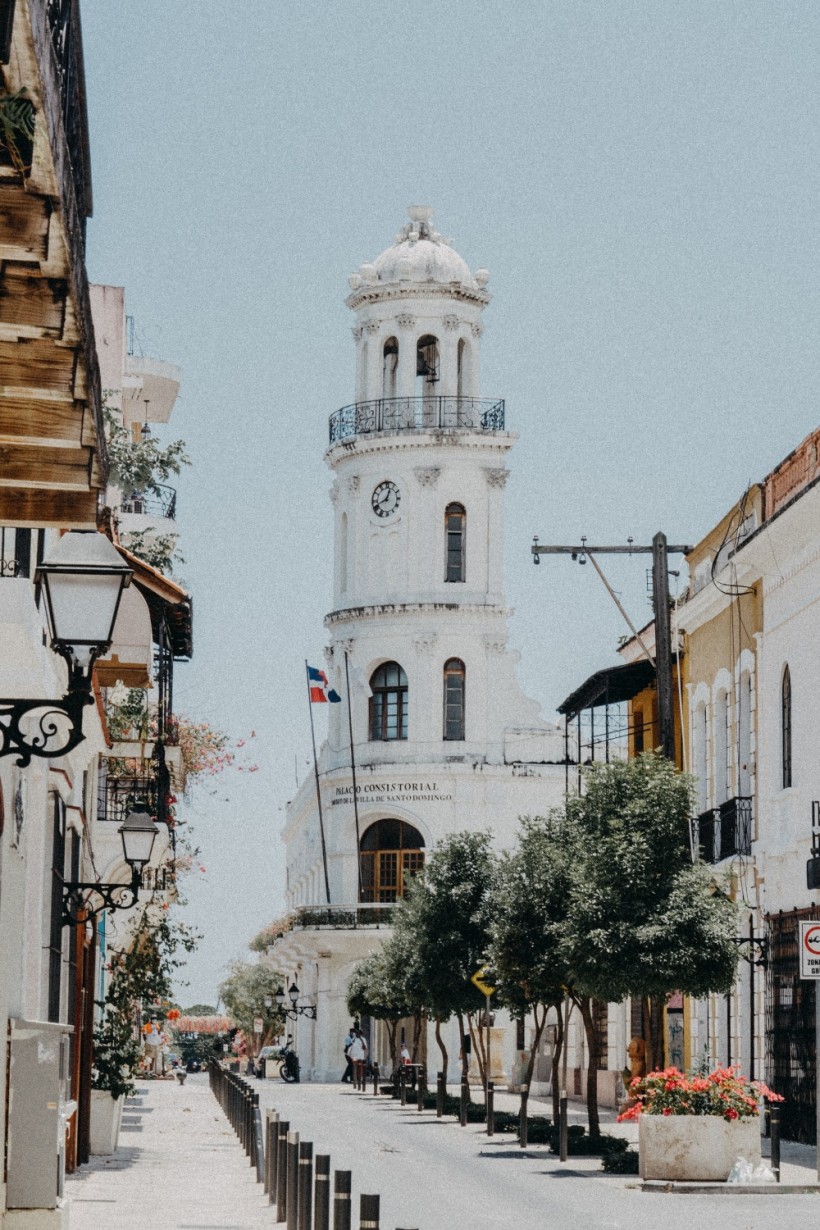5 Tips to Save Money if You Want to Visit The Dominican Republic

The Dominican Republic has a lot going for it. Great weather, beautiful scenery, stunning beaches and a variety of golf clubs. Something else that makes this Caribbean gem stand out is that there is a low cost of living. This makes it an extremely desirable holiday location and, for some, it becomes the perfect place to move to.
Regardless of the cost of living, we all know that, certainly on holiday, funds can run out faster than we would want them to. That's why, when visiting the Dominican Republic, you need to make sure that you know how to make your money go further. While no one wants to be a miser while enjoying time away, these tips will see you avoiding spends that aren't necessary meaning that you have more money left to spend on the good stuff!
Save on money transfers
It could be that you want to send money ahead of you. It could be that while you are away, you want to send money back home to a family member or friend. When this is the case, the majority of people find themselves turning to their banks. Why? Well, this is where they generally hold their money and this is who they usually trust. Does that make this the right choice though?
Yes, your bank will get the job done, but if you're interested in saving money, then we'd suggest that this is not the best way to go. By using your bank to send money overseas, you will find that you're subjected to some pretty hefty fees and that your recipient may actually end up with far less than you intended. You are also likely to find that banks are less than fast when it comes to these transfers.
So what's the alternative and how can you save on money transfers? You will often find that money transfer providers are far more competitive than banks and can save you a whole load on fees. If you want to send money to the Dominican Republic, click here to understand all of the requirements for the transfer, as well as the best transfer options from a financial point of view.
Learn how to haggle
When you visit the Dominican Republic you will experience a whole new shopping trip. Unless you are visiting a supermarket or a bank, you are not just encouraged to haggle - it is expected of you. Now, an obvious barrier to haggling is the language. If you want to haggle like a pro then you need to learn the basics of the language.
There are some things to watch out for when it comes to haggling. Whereas at home you may just jump into a taxi and pay the charge, that's not how it works here. Unless you want to pay far more than you need to, you need to make sure that you negotiate a price first.
Haggling sees locals expecting you to pay in their currency, Pesos, so be sure that you are carrying some around with you. Locals also expect you to be polite and respectful in your negotiations. The accepted starting point for any negotiation is around half of the delayed price.
Know how cash works here
If you're paying for any goods or services you are, understandably, going to expect change if you hand over more than the actual cost. The good news is that, just like the majority of countries, you will be given change. However, to make sure that you get what you're owed, you need to follow their rules. Don't worry, this is all pretty basic.
The big rule for getting change in the Dominican Republic is to make sure that you are paying in local currency. You will find that there are many shops that insist on cash, and won't take card payments. The likes of taxis will also expect cash payments. Be sure to have Pesos on you at all times.
You may find people, and places, that are more than willing to take foreign currency as payment. When this is the case, you can be almost sure that you won't be seeing any change. To save yourself money, and any aggravation, avoid trying to pay in US Dollars or any other currency.
Learn how to read price tags
Now we know that you're going to need to pay in Pesos, we're now going to confuse you. Going into many shops, you may be surprised when you see the price tags? Why? Well, it is common for these to be displayed in USD! While common it does not apply to the majority of stores: the majority will still display their prices Pesos which is much simpler right? Wrong! This actually causes even more confusion.
When prices are displayed in Pesos, you will see that this, somewhat confusingly, uses a symbol that bears a striking resemblance to the $ sign. It could be that you are looking at prices, thinking you have bagged yourself a bargain and then experience a shock when you pay.
The only advice here is, if in doubt just ask! No one is trying to catch you out and you will find that you will be given a clear response so that you know exactly where you stand.
Don't convert cash at an airport
We have seen the importance of ensuring that you have plenty of Pesos with you when in the Dominican Republic. Hopefully, this means that you will be prepared and have adequate cash for your visit. If, however, you find that you need more, you should never use airports to convert currency.
It is best to have access to around 5,000 Pesos when you enter the country. This helps with any unforeseen issues such as missing a transfer. If you don't have this, and you try to convert your money at an airport, you will see that the charges are the highest you will find anywhere. If you want to make your money go further, this is something to avoid at all costs.
Subscribe to Latin Post!
Sign up for our free newsletter for the Latest coverage!














